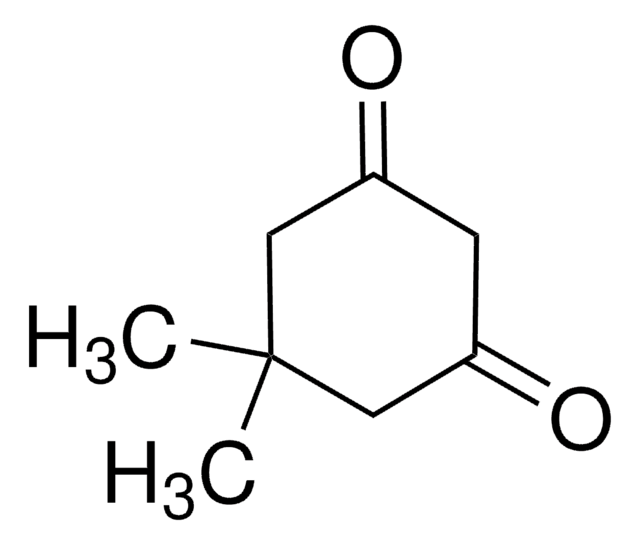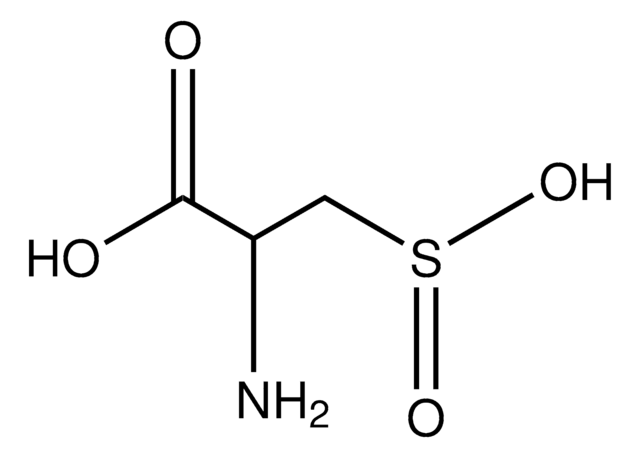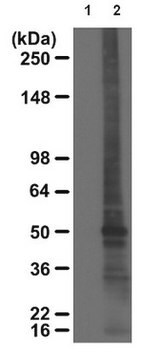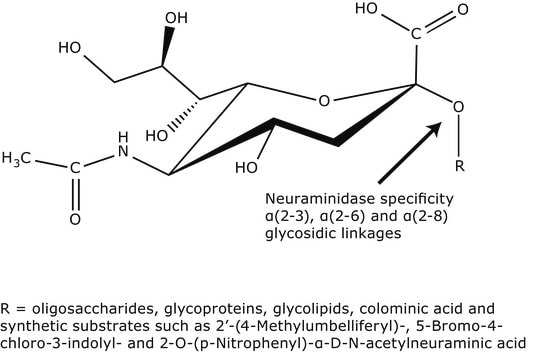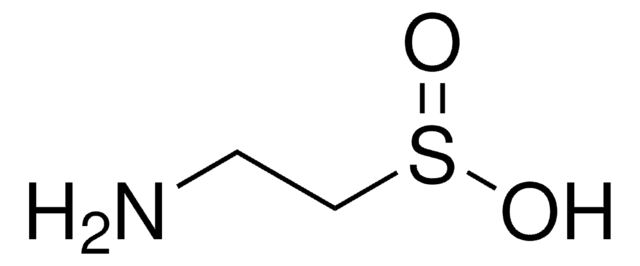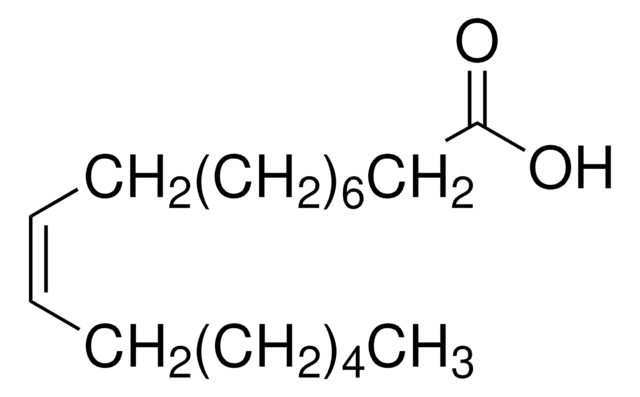おすすめの製品
由来生物
rabbit
品質水準
抗体製品の状態
serum
抗体製品タイプ
primary antibodies
クローン
polyclonal
化学種の反応性
human, mouse, rat
化学種の反応性(ホモロジーによる予測)
all
テクニック
western blot: suitable
アイソタイプ
IgG
輸送温度
wet ice
ターゲットの翻訳後修飾
unmodified
詳細
Protein sulfenic acid formation is a reversible post-translational modification that may be used to monitor protein oxidation on reactive cysteines within target proteins. This can be detected with protein sulfenic acid derivatised with dimedone.
特異性
This anitbody recognizes sulfenic acid modified proteins. Pan modification against all species.
免疫原
Linear peptide corresponding to sulfenic acid modified proteins.
アプリケーション
Anti-Sulfenic Acid Modified Cysteine (2-Thiodimedone-Specific Ig) Antibody detects level of Sulfenic Acid Modified Cysteine & has been published & validated for use in WB.
Immunofluorescence Analysis: A previous lot was used by an independent laboratory in IF. (Seo, YH, et al. (2009). PNAS. 106(38): 16163-16168.)
品質
Evaluated by Western Blot in rat ventricular myocyte lysate.
Western Blot Analysis: 01:1,000 dilution of this antibody detected sulfenic acid modified proteins on 10 µg of rat ventricular myocyte lysate.
Western Blot Analysis: 01:1,000 dilution of this antibody detected sulfenic acid modified proteins on 10 µg of rat ventricular myocyte lysate.
ターゲットの説明
Pan antibody smear is expected.
適切な製品が見つかりませんか。
製品選択ツール.をお試しください
保管分類コード
10 - Combustible liquids
WGK
WGK 1
適用法令
試験研究用途を考慮した関連法令を主に挙げております。化学物質以外については、一部の情報のみ提供しています。 製品を安全かつ合法的に使用することは、使用者の義務です。最新情報により修正される場合があります。WEBの反映には時間を要することがあるため、適宜SDSをご参照ください。
Jan Code
ABS30:
試験成績書(COA)
製品のロット番号・バッチ番号を入力して、試験成績書(COA) を検索できます。ロット番号・バッチ番号は、製品ラベルに「Lot」または「Batch」に続いて記載されています。
Ester Zito et al.
Molecular cell, 48(1), 39-51 (2012-09-18)
Endoplasmic reticulum (ER) thiol oxidases initiate a disulfide relay to oxidatively fold secreted proteins. We found that combined loss-of-function mutations in genes encoding the ER thiol oxidases ERO1α, ERO1β, and PRDX4 compromised the extracellular matrix in mice and interfered with
Juliana Navarro-Yepes et al.
Molecular neurobiology, 53(8), 5229-5251 (2015-09-28)
Intracytoplasmic inclusions of protein aggregates in dopaminergic cells (Lewy bodies) are the pathological hallmark of Parkinson's disease (PD). Ubiquitin (Ub), alpha (α)-synuclein, p62/sequestosome 1, and oxidized proteins are the major components of Lewy bodies. However, the mechanisms involved in the
Angel Stanoev et al.
Cell systems, 7(3), 295-309 (2018-08-27)
The proto-oncogenic epidermal growth factor receptor (EGFR) is a tyrosine kinase whose sensitivity to growth factors and signal duration determines cellular behavior. We resolve how EGFR's response to epidermal growth factor (EGF) originates from dynamically established recursive interactions with spatially
Lianggong Ding et al.
Nature metabolism, 3(12), 1648-1661 (2021-12-15)
To liberate fatty acids (FAs) from intracellular stores, lipolysis is regulated by the activity of the lipases adipose triglyceride lipase (ATGL), hormone-sensitive lipase and monoacylglycerol lipase. Excessive FA release as a result of uncontrolled lipolysis results in lipotoxicity, which can
ライフサイエンス、有機合成、材料科学、クロマトグラフィー、分析など、あらゆる分野の研究に経験のあるメンバーがおります。.
製品に関するお問い合わせはこちら(テクニカルサービス)